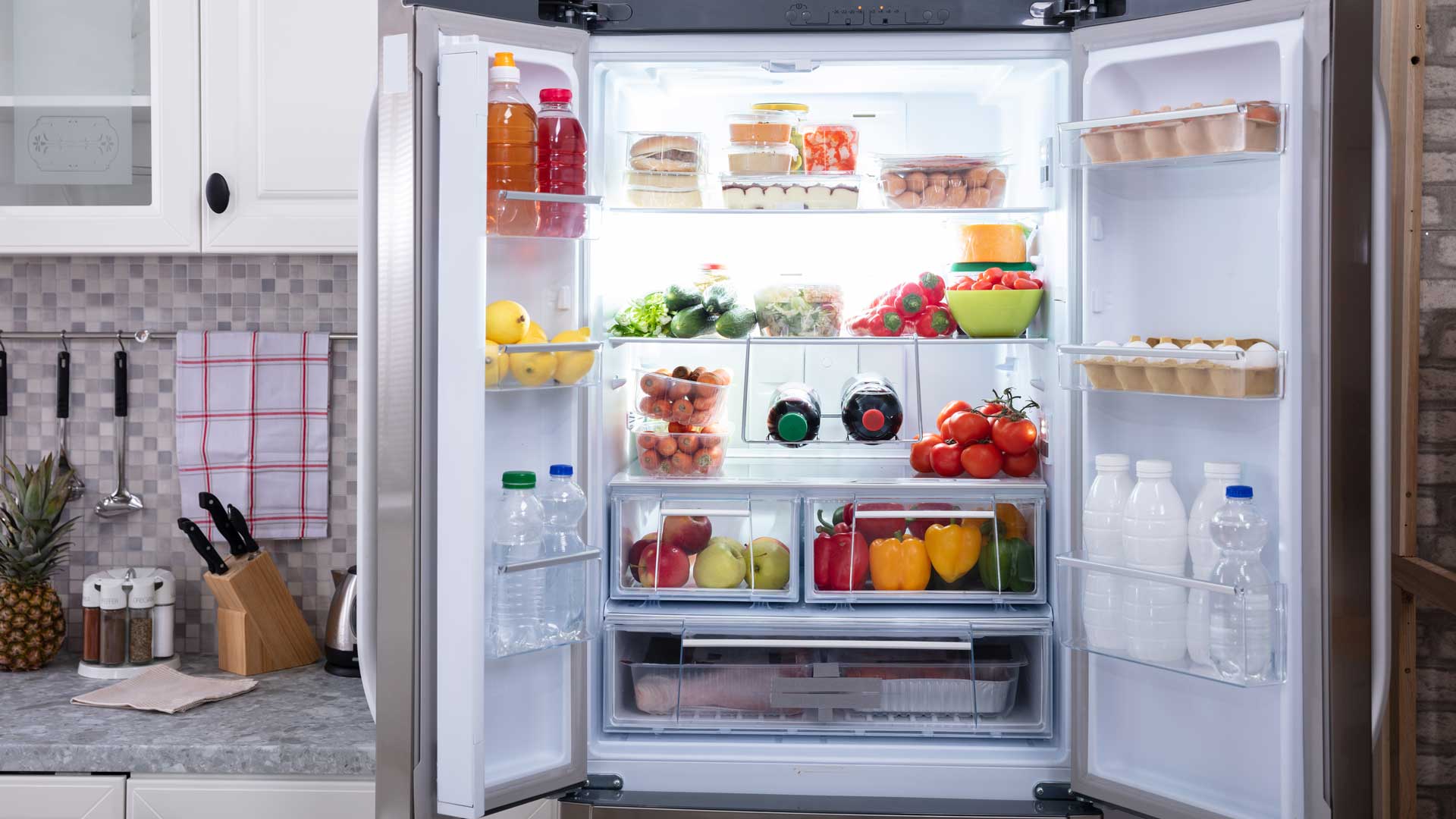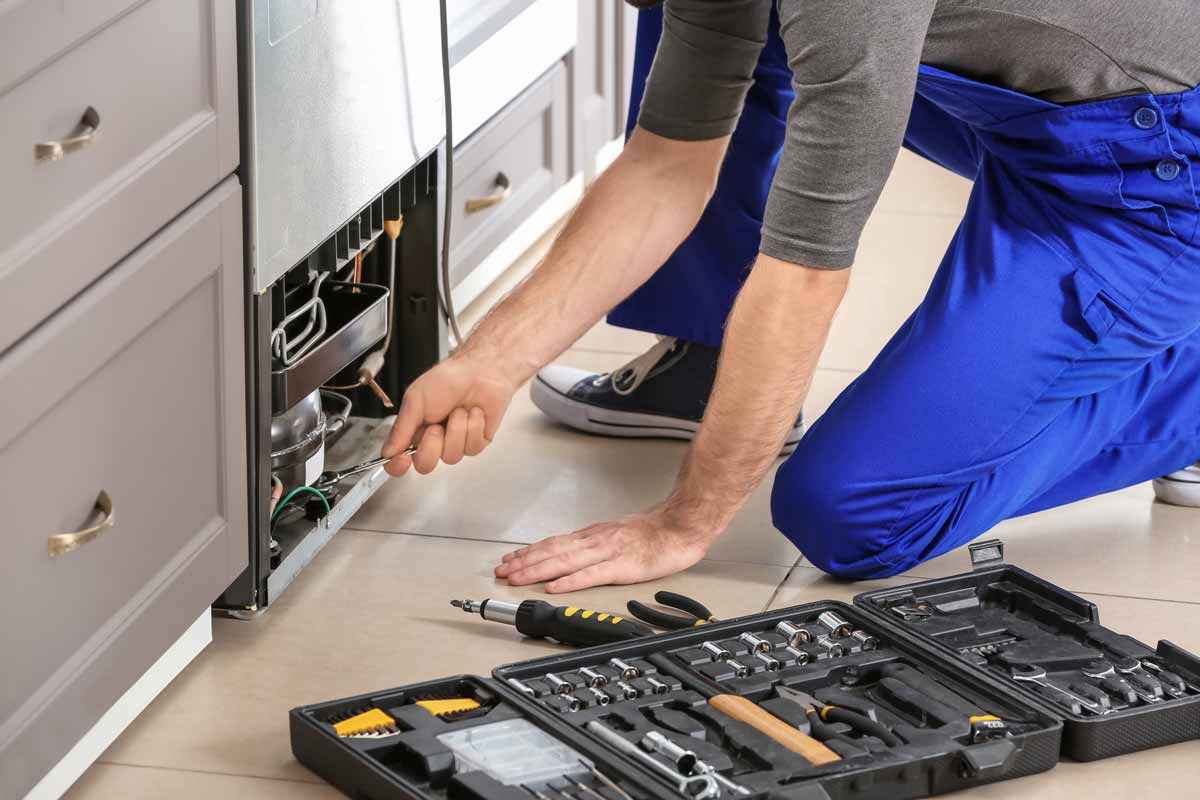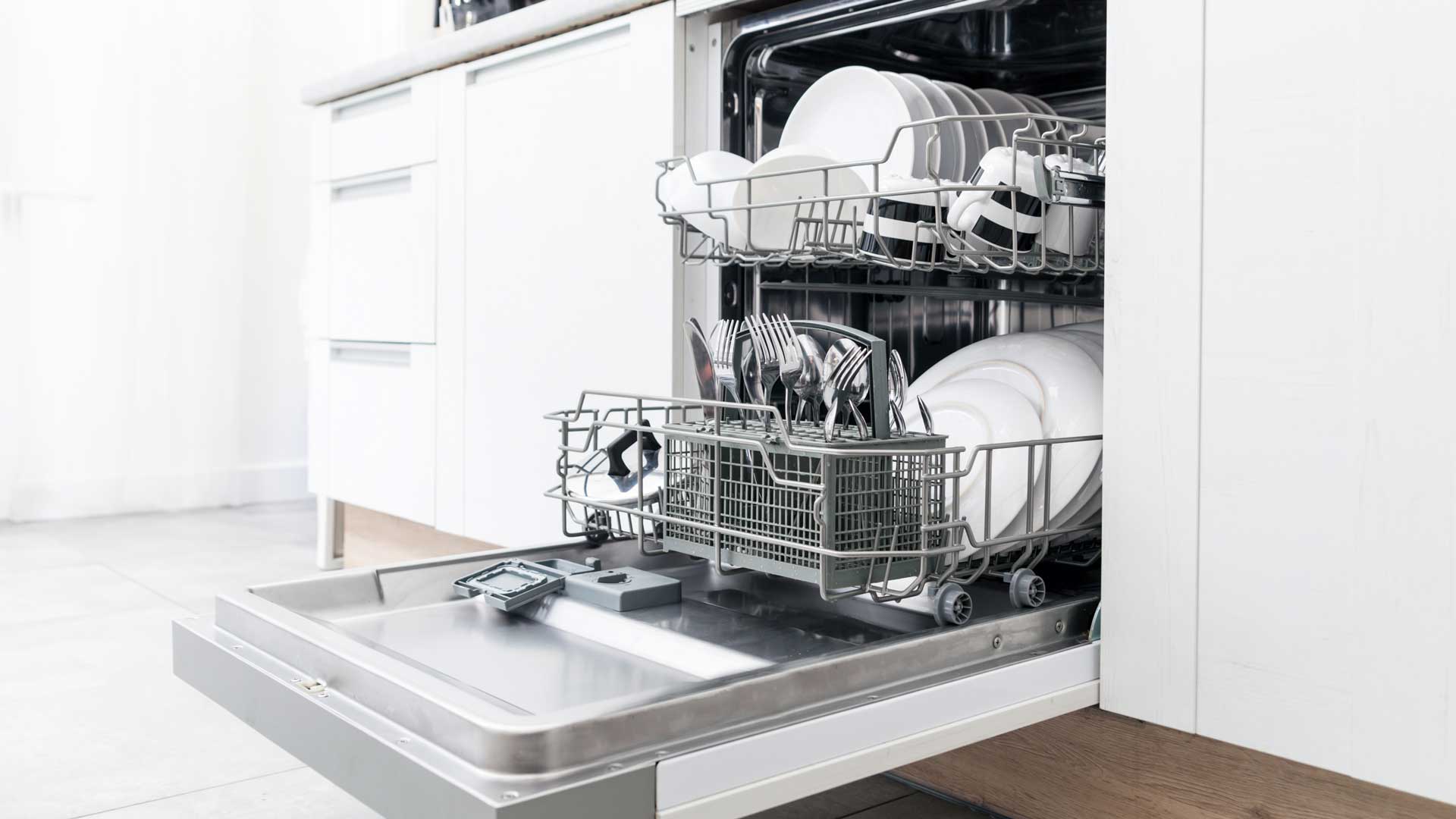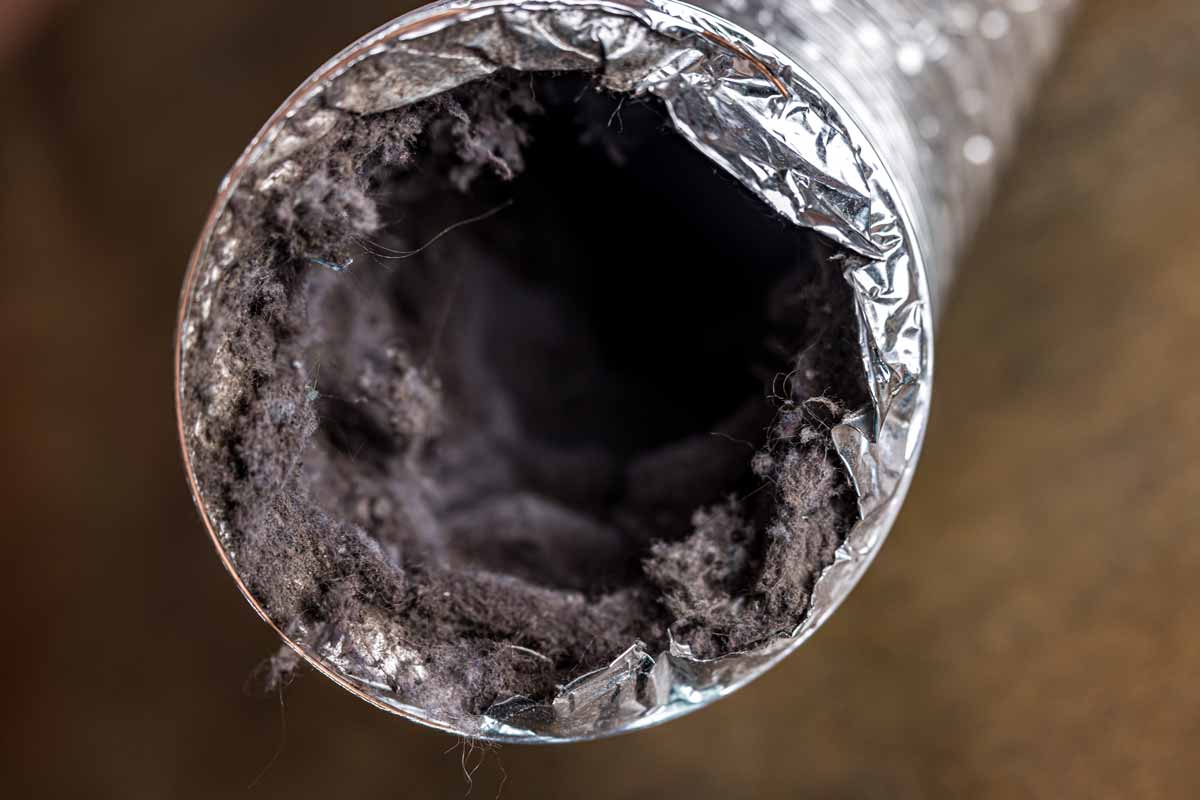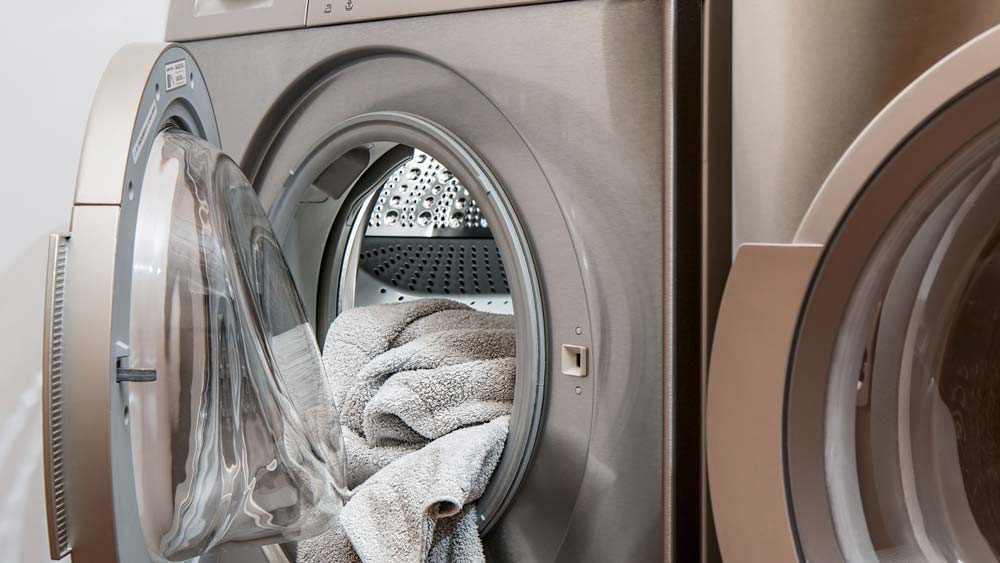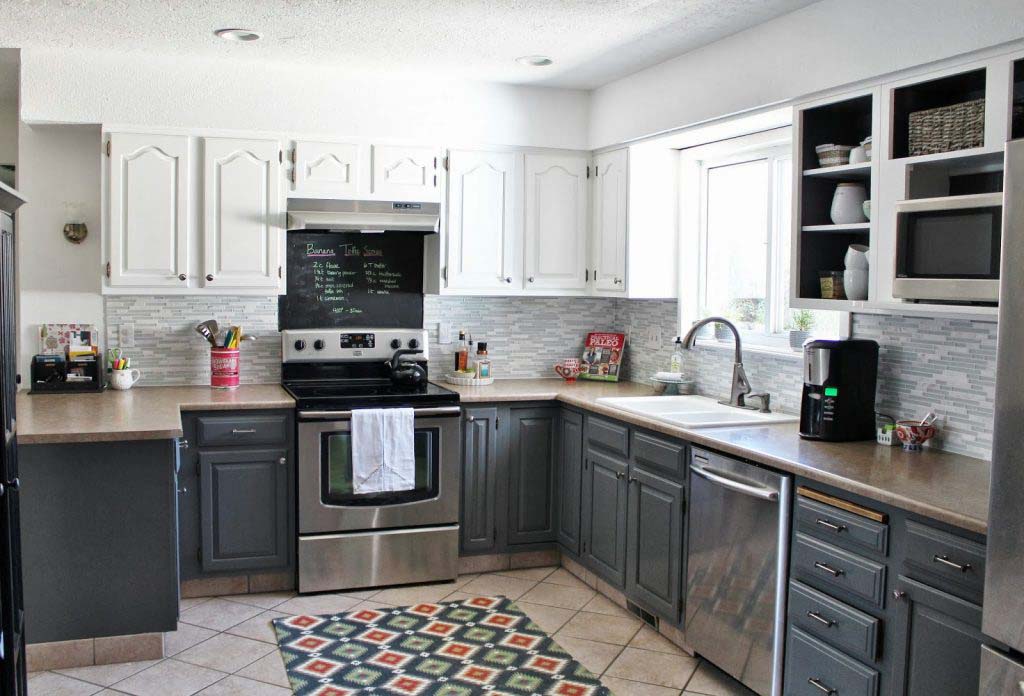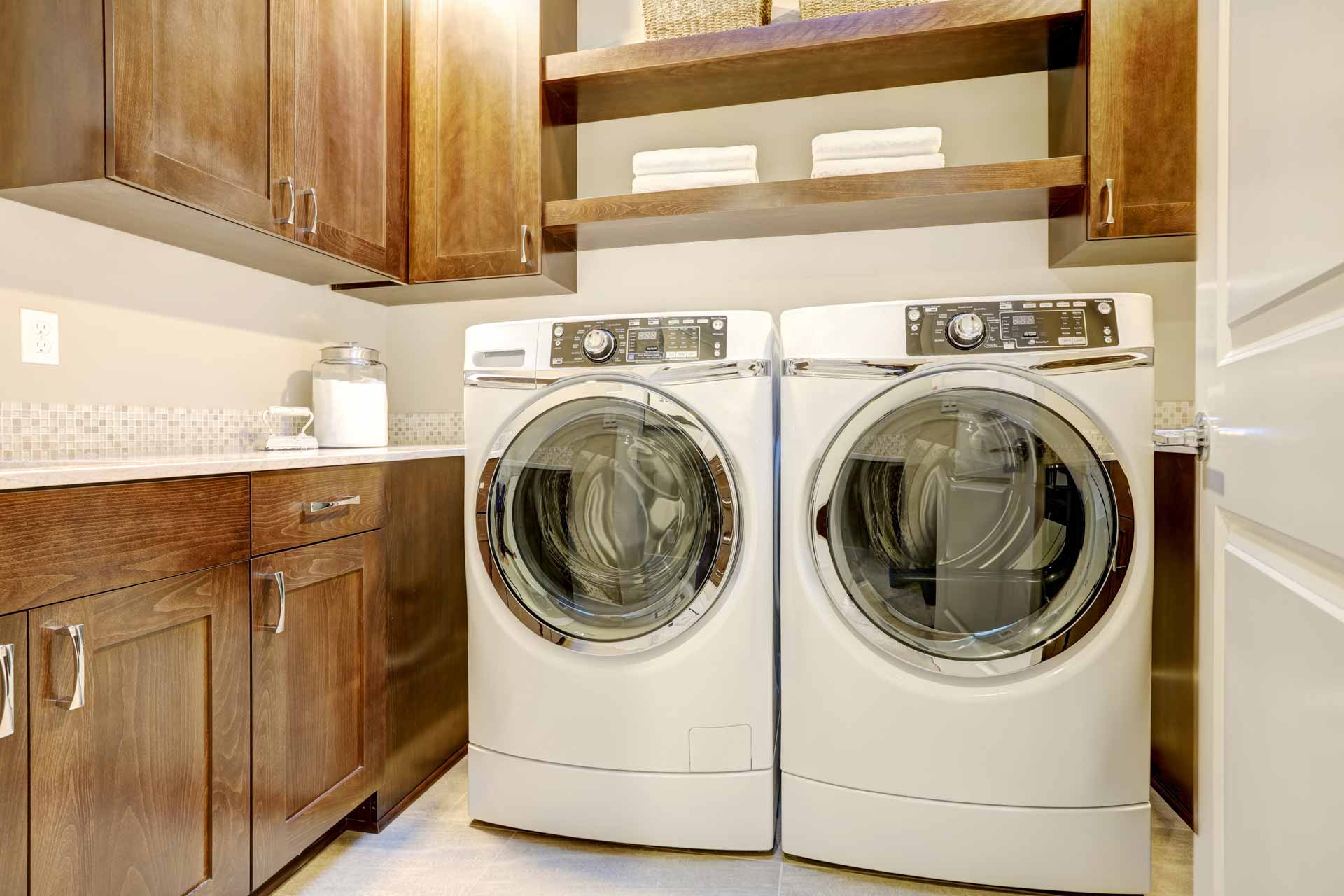Knowing when your oven needs repairs can be challenging. While some problems come with immediate danger signs, others may develop gradually. Here is a breakdown of five signs that signal the need for oven repair. Addressing oven problems early will help avoid danger and further damage to your oven.
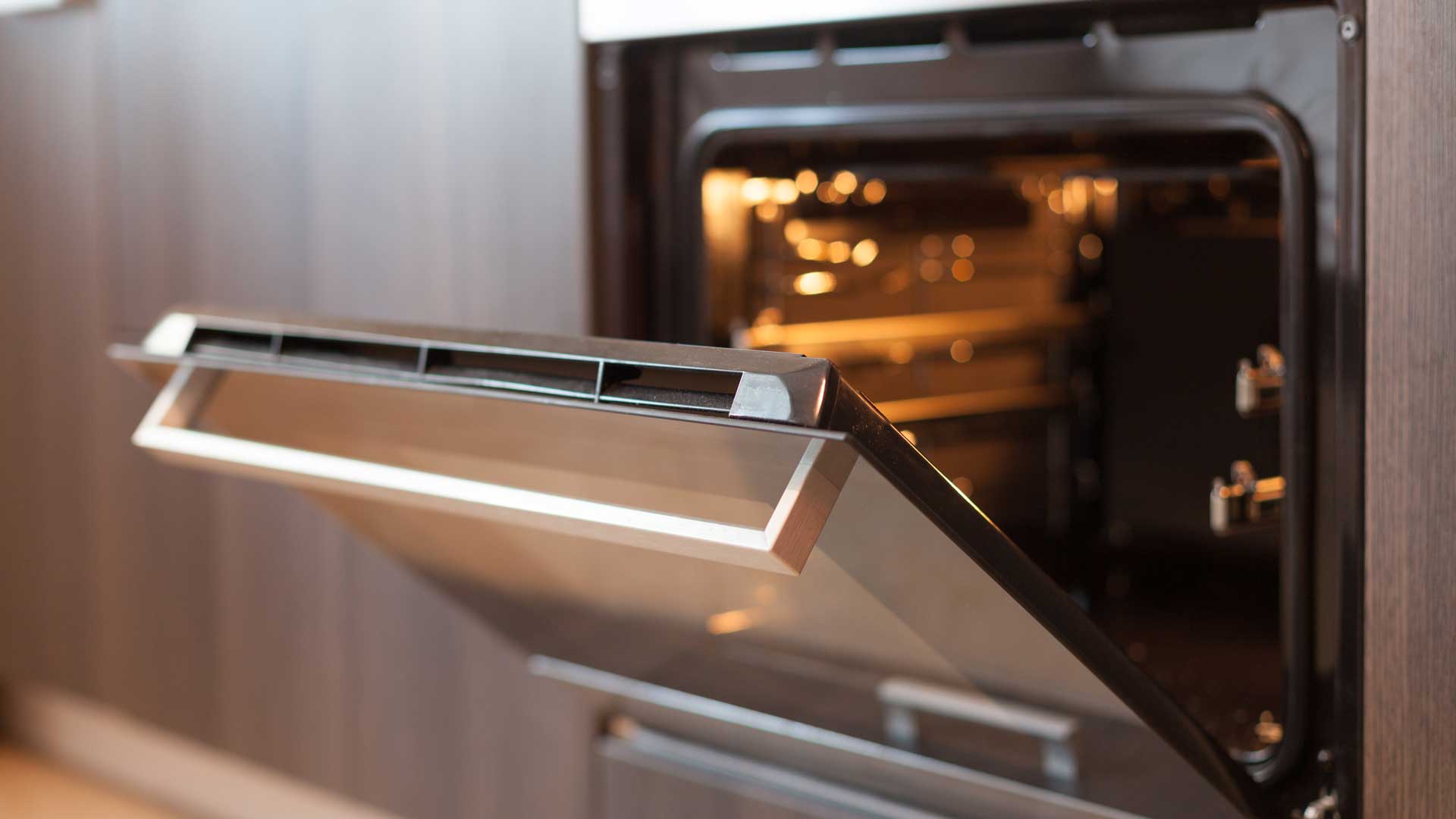
Uneven Cooking
We trust our ovens to cook our food at the selected temperature. A faulty oven, however, may heat food unevenly.
Uneven heating and cooking can be disastrous at mealtime, with some parts of your dishes coming out undercooked and others overcooked. In addition to being unappetizing, undercooked food can also pose health risks.
Various oven components impact temperature consistency, so it’s essential to consult an appliance expert to determine the precise cause. Possible culprits include:
- Heating elements
- The thermostat
- Temperature sensors
The cause of the issue will also depend on the make, model, and age of your oven. To avoid unpleasant meals and escalating damage to your oven, call in your local appliance repair team as soon as you first notice any temperature trouble.
Oven Door Malfunctions
A well-functioning oven door is critical. Oven doors feature a specialized seal around the edge that effectively retains the heat inside. If the oven door or the seal is damaged, heat can escape.
A faulty oven door can result in inconsistent internal temperatures and uneven heating. It can also pose a danger to nearby kitchen fixtures and people via heat damage.
Unusual Noises
Ideally, the only noises produced by your oven should come from the appliance controls. If you hear any other noises like buzzing, clicking, or pinging sounds, it’s time to call your local appliance repair company.
Unusual oven noises typically mean that a component of the appliance is broken, disconnected, or malfunctioning. Don’t wait for the problem to get worse—call an appliance professional as soon as possible.
Atypical Smells
If you notice any unusual smells coming from your oven, you should stop using it and contact an oven repair expert. Unexpected smells can mean that the oven is heating something it shouldn’t.
If left unchecked, the root cause of strange oven smells can lead to significant damage to your appliance and pose major health risks to your family. The only scent your oven should produce should come from the food you cook. Anything else is cause for concern.
Display Error Codes
Newer ovens come equipped with digital displays that track cooking cycles, timing, and more. Many of them also display error codes when they detect a problem with the appliance.
Just as with the “check engine” message in a car, oven error codes and warnings should be investigated immediately. If you are positive that you understand the code and can successfully fix the issue, sorting it out yourself is a great option. If a code persists or you are unsure of how to address the problem, calling your local appliance repair team is the best course of action.
For oven repairs and other appliance repair assistance in Morris County, call Morris County Appliance Repair today. We have over 50 years of experience resolving appliance issues, and we deliver outstanding customer service on every call. In addition to rigorous training and on-the-job experience, our appliance repair technicians stay current with the latest appliance trends and features through ongoing education. We provide expert repair service for appliances of all makes, models, and ages. We are licensed and insured to give you peace of mind, and we offer convenient appointments on weekdays and weekends. Morris County Appliance Repair—You Can Count On Us!


